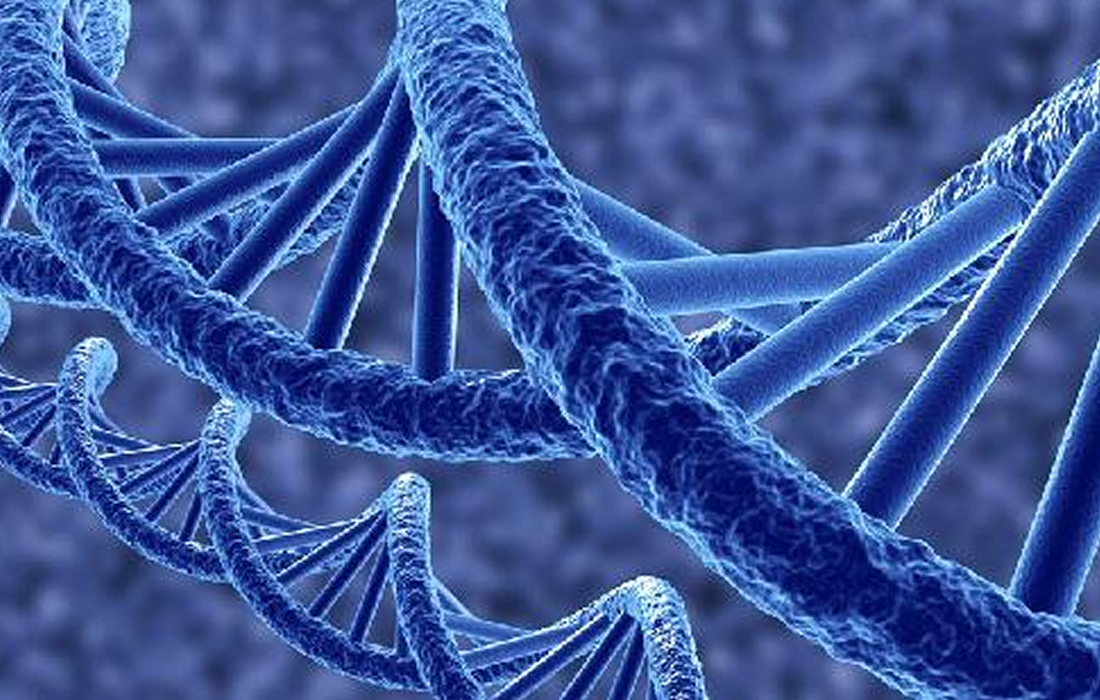Regenerative Medicine News and General Information
A New Study Shows that DNA Mutations Not Random
The random occurrence of mutations with respect to their consequences is an axiom upon which much of biology and evolutionary theory rests. This simple proposition has had profound effects on models of evolution developed since the modern synthesis, shaping how biologists have thought about and studied genetic diversity over the past century.
New Study Challenges Evolutionary Theory
In a new study published in the journal Nature, researchers have found that DNA mutations are not random, which changes our understanding of evolution and could one day help researchers breed better crops or even help humans fight cancer.
Mutations occur when DNA is damaged and left unrepaired, creating a new variation. The scientists wanted to know if mutation was purely random or something deeper. What they found was unexpected.
Researchers spent three years sequencing the DNA of hundreds of Arabidopsis thaliana, or thale cress, a small, flowering weed considered the “lab rat among plants” because of its relatively small genome comprising around 120 million base pairs. Humans, by comparison, have roughly 3 billion base pairs.
Sequencing of those hundreds of Arabidopsis thaliana plants revealed more than 1 million mutations. Within those mutations a nonrandom pattern was revealed. Instead of randomness they found patches of the genome with low mutation rates. In those patches, they were surprised to discover an over-representation of essential genes, such as those involved in cell growth and gene expression.
The scientists found that the way DNA was wrapped around different types of proteins was a good predictor of whether a gene would mutate or not. “It means we can predict which genes are more likely to mutate than others and it gives us a good idea of what’s going on,” Detlef Weigel said, a scientific director at Max Planck Institute and senior author of the study.
“The plant has evolved a way to protect its most important places from mutation,” Weigel said. “This is exciting because we could even use these discoveries to think about how to protect human genes from mutation.”
The researchers think that by knowing why some regions of the genome mutate more than others could help breeders who rely on genetic variation to develop better crops, and scientists could also use this information to better predict or develop new treatments for different diseases, like cancer.
Sources:
University of California – Davis. “Study challenges evolutionary theory that DNA mutations are random: Findings could lead to advances in plant breeding, human genetics.” ScienceDaily. ScienceDaily, 12 January 2022.
<www.sciencedaily.com/releases/2022/01/220112121512.htm >.
Monroe, J.G., Srikant, T., Carbonell-Bejerano, P. et al. Mutation bias reflects natural selection in Arabidopsis thaliana. Nature (2022). https://doi.org/10.1038/s41586-021-04269-6
Image from:
https://medlineplus.gov/genetics/gene/mn1/

